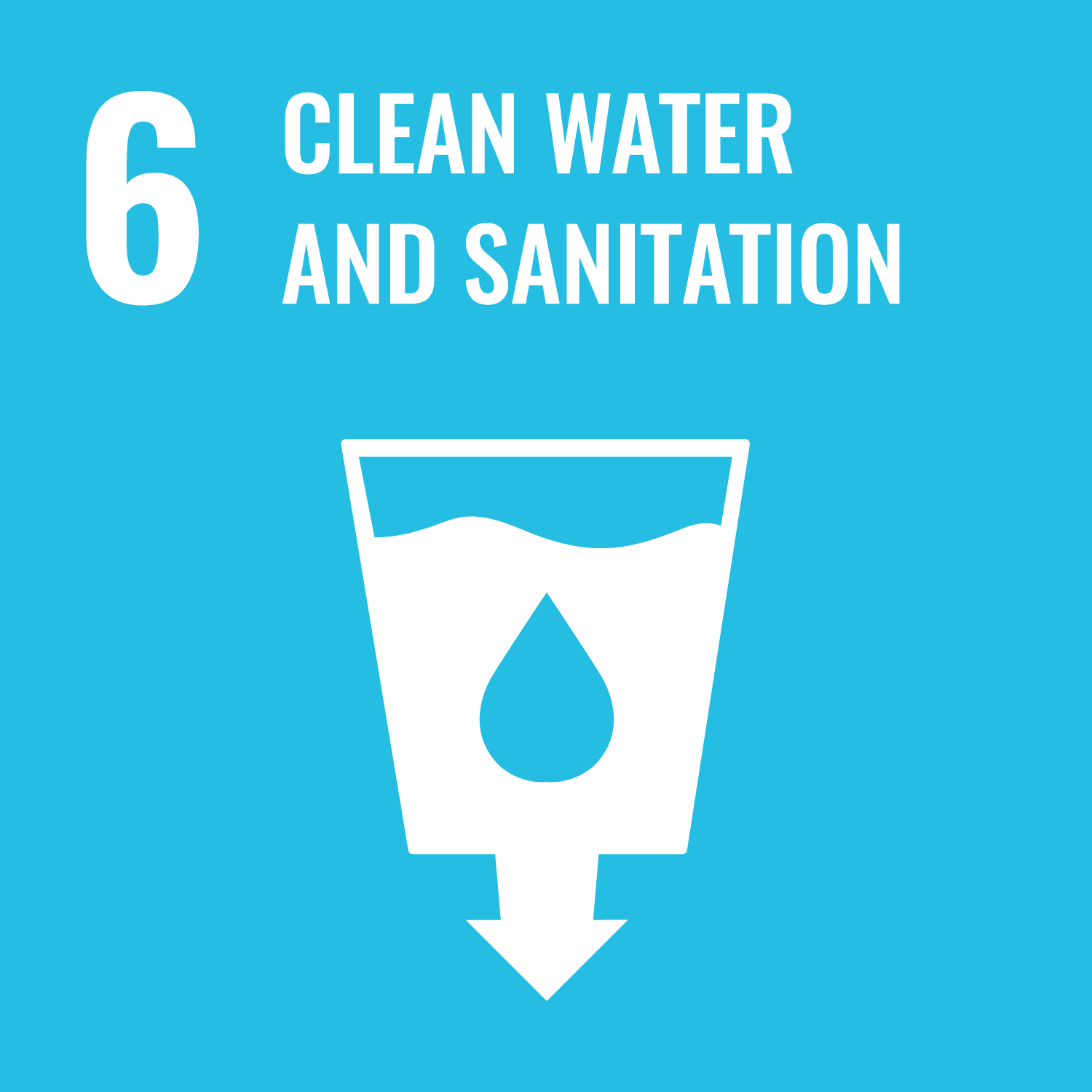Abstract
Pharmaceuticals can enter freshwater and affect aquatic ecosystem health. Although toxicity tests have been carried out for the commonly used pharmaceuticals, evidence-based water quality guidelines have not been derived. High-reliability water quality guideline values have been derived for 4 pharmaceuticals-carbamazepine, diclofenac, fluoxetine, and propranolol-in freshwaters using a Burr type III distribution applied to species sensitivity distributions of chronic toxicity data. Data were quality-assured and had to meet acceptability criteria for "chronic" no-observed-effect concentrations or concentrations affecting 10% of species, endpoints of population relevance (namely, effect endpoints based on development, growth, reproduction, and survival). Biomarker response data (e.g., biochemical, histological, or molecular responses) were excluded from the derivation because they are typically not directly relevant to wildlife population-related impacts. The derived guideline values for 95% species protection were 9.2 μg/L, 770 μg/L, 1.6 μg/L, and 14 μg/L for carbamazepine, diclofenac, fluoxetine, and propranolol, respectively. These values are significantly higher than the unknown reliability values derived for the European Commission, Switzerland, or Germany that are based on the application of assessment factors to the most sensitive experimental endpoint (which may include biochemical, histological, or molecular biomarker responses) of a limited data set. The guideline values derived in the present study were not exceeded in recent data for Australian rivers and streams receiving pharmaceutical-containing effluents from wastewater-treatment plants. Environ Toxicol Chem 2016;35:1815-1824. © 2015 SETAC.
DOI Link
Publication Date
2016-01-01
Publication Title
Environmental Toxicology and Chemistry
Volume
35
Issue
7
ISSN
0730-7268
Acceptance Date
2015-12-10
Embargo Period
2017-04-28
First Page
1815
Last Page
1824
Recommended Citation
Kumar, A., Batley, G., Nidumolu, B., & Hutchinson, T. (2016) 'Derivation of water quality guidelines for priority pharmaceuticals', Environmental Toxicology and Chemistry, 35(7), pp. 1815-1824. Available at: 10.1002/etc.3336



